Dr. Nguyen Tung Lam said that Circular 29 is very humane when it aims at an education system without extra teaching and learning. However, to solve the "root" of extra teaching and learning, many synchronous solutions are needed.
Dr. Nguyen Tung Lam, Vice President of the Vietnam Association of Educational Psychology, said that Circular 29 on extra teaching and learning, which was recently issued by the Ministry of Education and Training, right from the principle, has shown the correct viewpoint that extra teaching and learning can only be organized when students have the need and volunteer; extra teaching and learning must contribute to developing qualities, capacities and be suitable to the abilities of each student, not just stuffing in more knowledge...
In addition, extra teaching must have a duration appropriate to the psychology of the age group, ensuring the health of the students. Extra teaching and learning is to help students enjoy learning, know how to learn, have time to study by themselves and study effectively, and progress compared to themselves.
In addition, the regulation of three subjects who are allowed to teach extra classes in schools without being charged for money is quite humane, proposed by the Ministry of Education and Training. These include: students whose academic results have not met the requirements in a certain subject; students selected for training of excellent students; final year students who voluntarily register to review for entrance exams or graduation exams according to the school's plan.
Education is still heavy on exams and racing for scores.
Agreeing with the views put forth by the Ministry of Education and Training, according to Mr. Lam, the regulations in the new circular cannot completely solve the current problem of extra teaching and learning.
Explaining this point of view, the expert said that our country's education system has not yet focused on developing the qualities, abilities, and creativity of each student, but is still heavily focused on exams and scores.
Although the 2018 General Education Program was implemented with the goal of reducing one-way knowledge transfer and changing teaching methods, reality shows that many schools, parents and students are still racing after scores, exams and certificates.
"In my opinion, to solve the widespread situation of extra teaching and learning, the first thing is to clarify the role of schools in implementing the 2018 General Education Program and whether it has brought real results," said Mr. Lam.
The second problem is that the quality of schools today is uneven, from facilities to teaching quality. This leads to parents choosing good schools for their children, creating pressure on students to achieve high scores to meet admission requirements. This leads to students having to compete to take extra classes.
In addition, many schools today are "obsessed" with achievements from competitions organized by outside organizations with national and international names, calling for students to participate. From there, parents have to compete, have to send their children to study and take competitions.
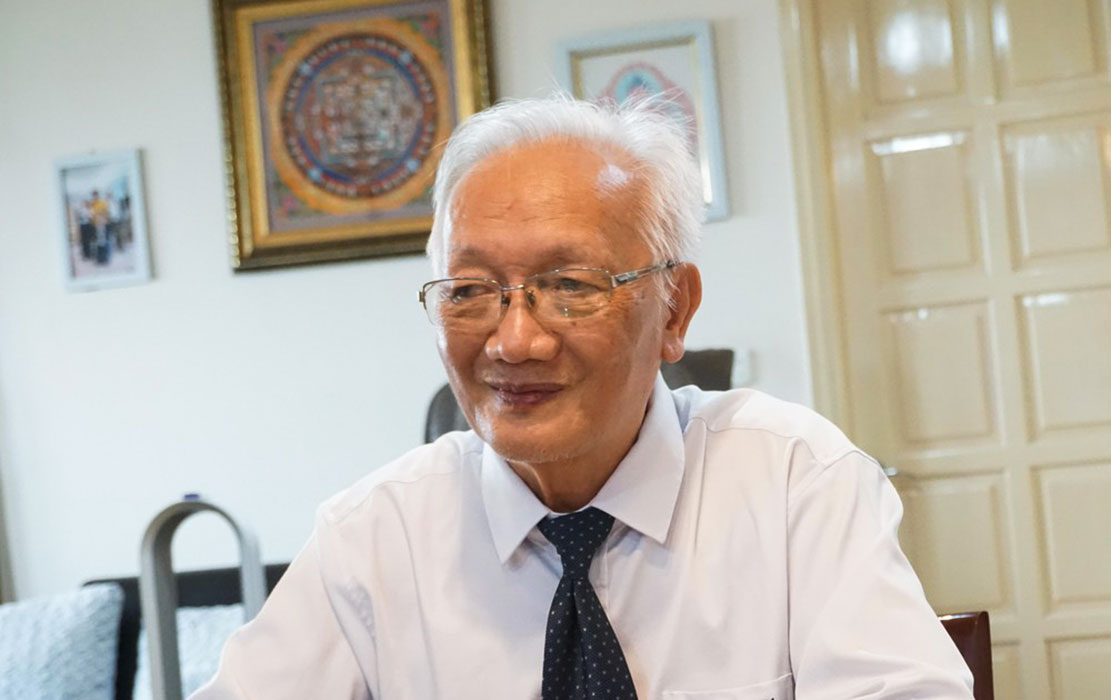
Dr. Nguyen Tung Lam believes that Circular 29, though humane, cannot solve the "root" of extra teaching and learning. Photo: Nguyen Phuong.
Along with that, the Ministry of Education and Training has just "banned" entrance exams for 6th grade students in high-quality secondary schools and private schools, but the admission criteria for primary school students are nothing more than scores in their report cards, exams, awards, and certificates. This also makes parents and students want to take extra classes to improve their achievements and have more opportunities to enter key schools and top schools.
The above situation poses an urgent need for the Ministry of Education and Training and provinces and cities to have a plan to ensure the quality of education in schools is consistent, including the conditions of facilities. Schools are autonomous, have the right to recruit teachers, and are responsible for the quality of education. At that time, they must be creative and aim for integrated education.
Mr. Lam also frankly admitted that extra teaching and learning has undergone changes, causing a lot of frustration in society. Part of the reason is that teachers cannot live on their salaries, so the situation of "one foot in, one foot out" has appeared.
When teachers’ income meets the needs of life, extra teaching will no longer be an urgent need. Along with that, it is necessary to improve the quality of the teaching staff and evaluate the innovation of teaching methods according to the new general education program, ensuring the real development of students’ qualities and abilities.
"In my opinion, we need to solve the above problems at their root, not prohibit teachers from tutoring their own students, but still allow them to tutor outside of school. The quality of teaching at centers where no one is responsible is also a worrying issue. In my opinion, schools also need to have funds to pay teachers for training good or poor students, and cannot teach for free," Mr. Lam said.
No inequality in access to education
Supporting the view that schools should not teach or learn extra, Mr. Lam said that the three factors for a child's development are: a healthy body, a comfortable spirit, and learning knowledge and skills to develop their full potential.
"Implementing the new general education program, many schools now teach two sessions a day, which is enough. Outside of school hours, students need to participate in other educational activities to practice ethics and life skills. If students have the need, they can study by themselves, read books, and research knowledge without having to take extra classes, except for excellent students and students who need extra classes because of weaknesses. Even extra classes for weak and excellent students in each school should not be prolonged, but should mainly help them learn how to study by themselves," said Mr. Lam.
Disagreeing with the opinion that the application of Circular 29 in real life will create injustice in access to education when poor students cannot hire tutors and do not have the opportunity to study extra like students with conditions, Mr. Lam said that both parents and students do not realize that they have to study by themselves and do not know how to study by themselves .
"For example, Dinh Tien Hoang High School has a prerequisite that students must know how to self-study and be creative. The worse they are, the more they must know how to self-study. In my opinion, Circular 29 is humane, but to apply it in practice, there needs to be a roadmap, not as fast as it is now. In the immediate future, schools must be forced to teach students how to self-study," Mr. Lam analyzed.
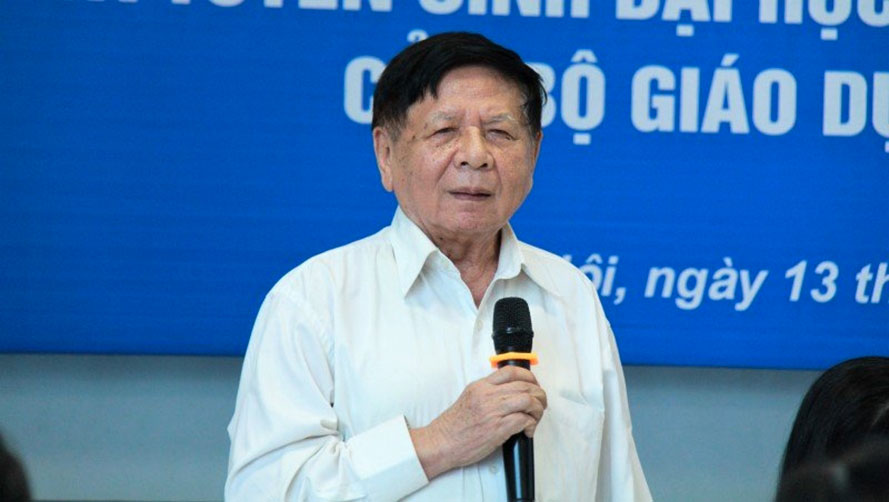
Associate Professor, Dr. Tran Xuan Nhi said that Circular 29 does not create injustice in access to education.
Sharing the same view, Associate Professor Dr. Tran Xuan Nhi, former Deputy Minister of Education and Training, said that access to education for each student is fair through self-study. Self-study will help students easily absorb, be interested in and master the knowledge they need. "There are many cases of students from very poor families who do not have the conditions to study extra, but thanks to self-study, they all achieve success in their studies and life." Therefore, it cannot be said that Circular 29 will create injustice in access to education.
"Managing private tutoring and learning is not only a challenge in Vietnam but also a common problem in many countries around the world. Each country applies management measures (not a complete ban) to reduce learning pressure for students and improve the quality of public education.
For example, in Finland, education focuses on the quality of formal lessons, and teachers have autonomy in designing lessons. The country's education system focuses on comprehensive development rather than just focusing on grades. The Finnish government discourages private tutoring and invests heavily in student support services within schools, helping to ensure the quality of education without the need for extra classes.
For Vietnam, learning from international models can provide effective solutions in managing extra teaching, contributing to building a sustainable education system."
Assoc.Prof.Dr. Tran Xuan Nhi, former Deputy Minister of Education and Training
Source: https://phunuvietnam.vn/nhung-van-de-can-giai-quyet-de-triet-tieu-day-them-hoc-them-20250212191417196.htm






























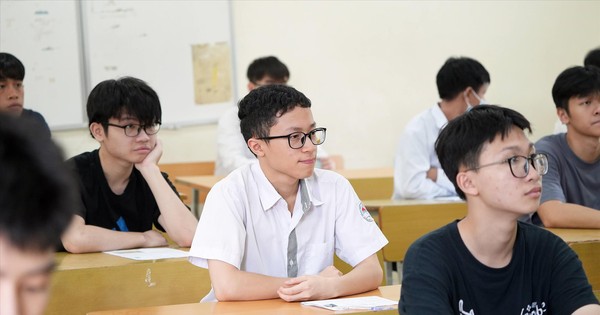

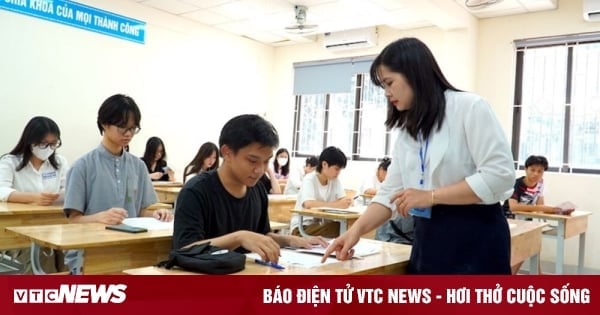

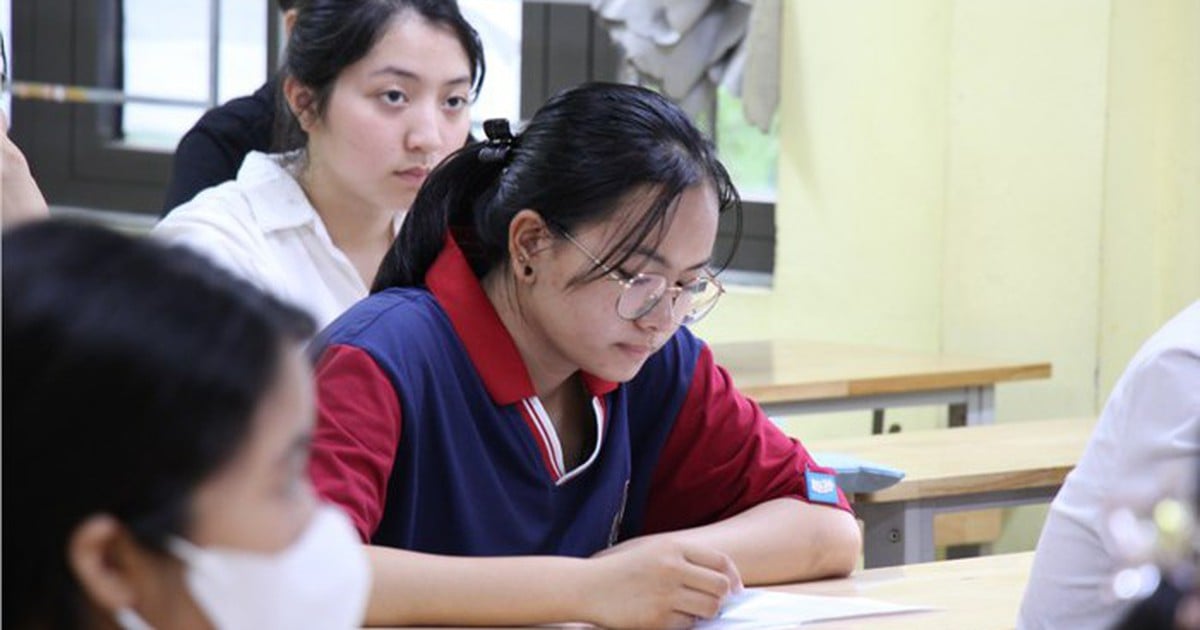

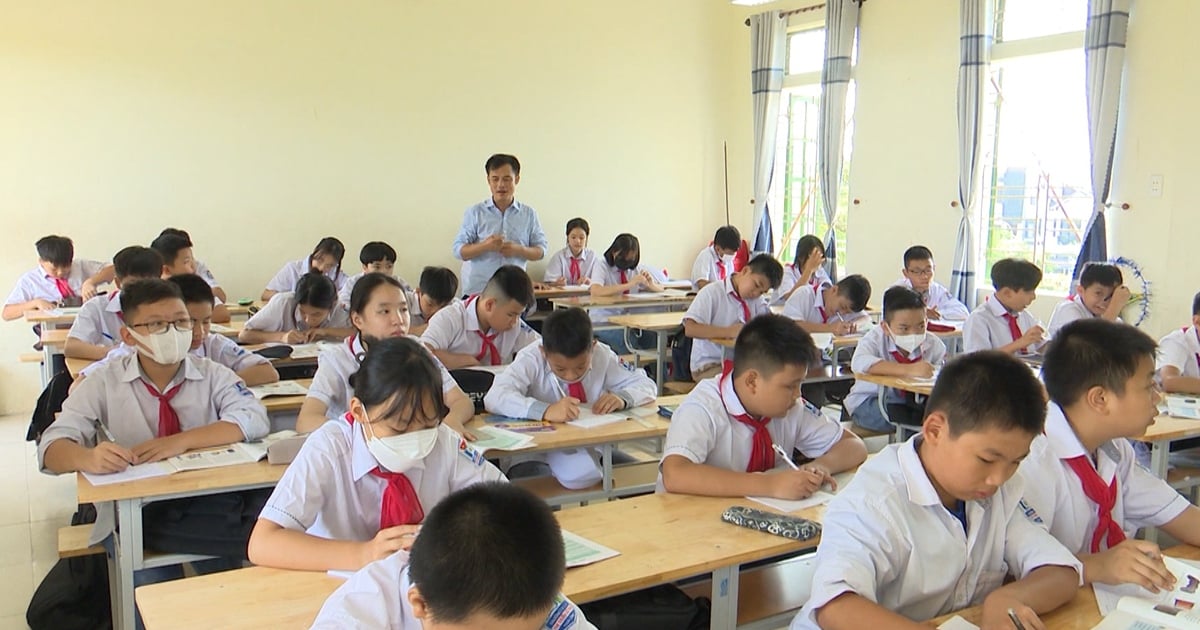
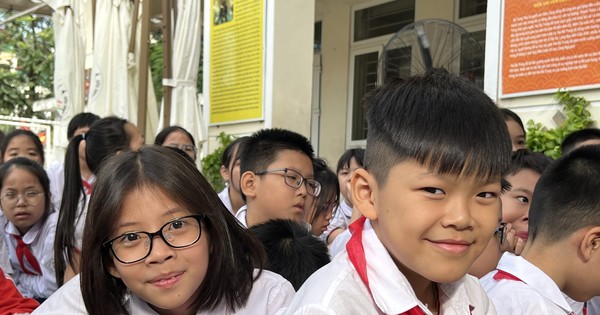
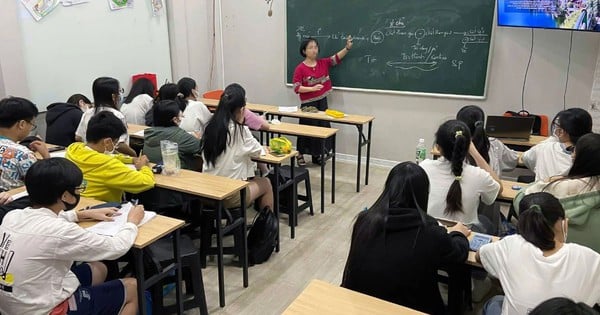
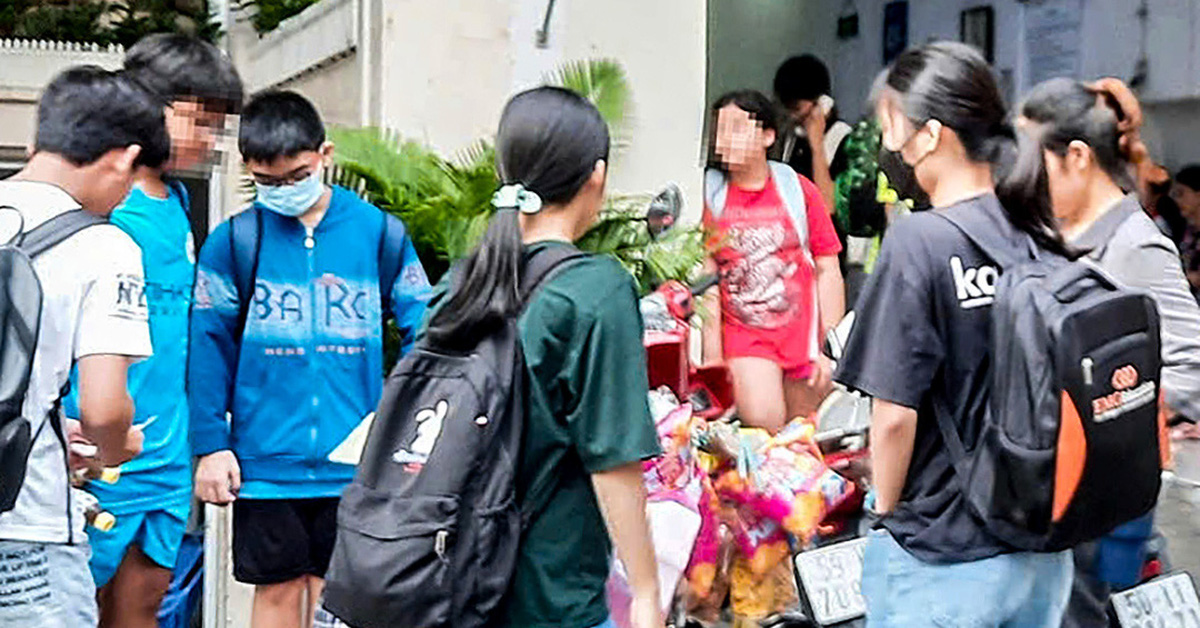

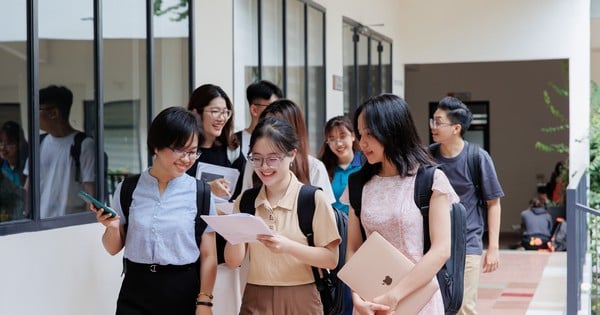
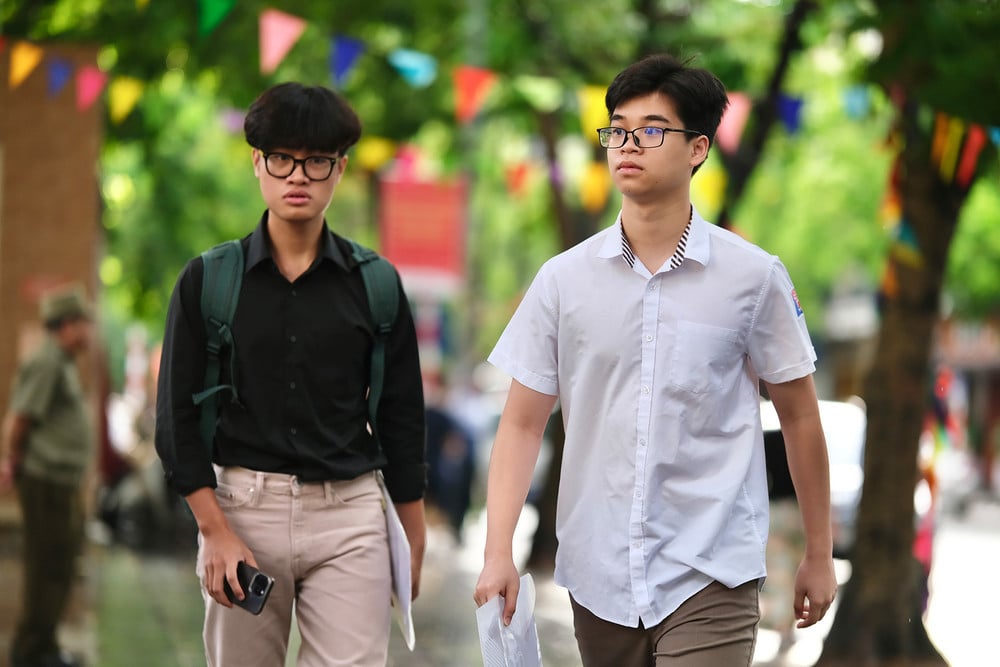


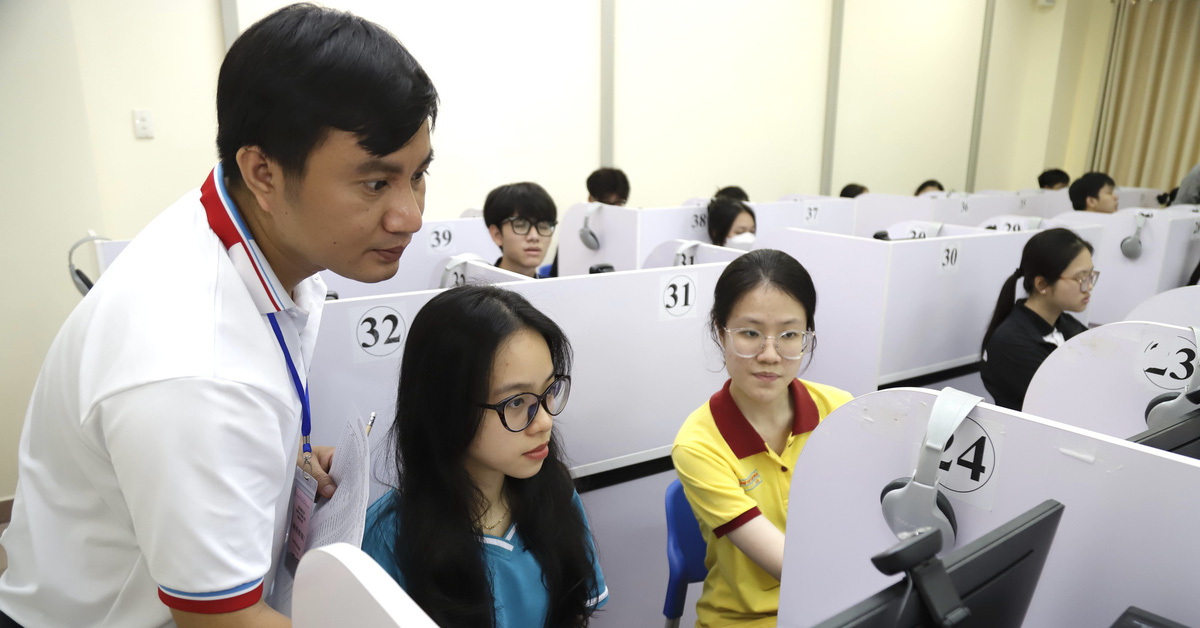
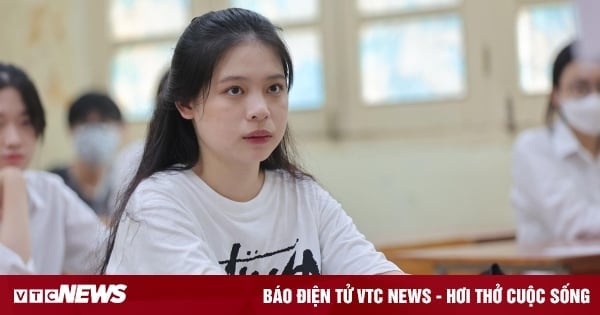


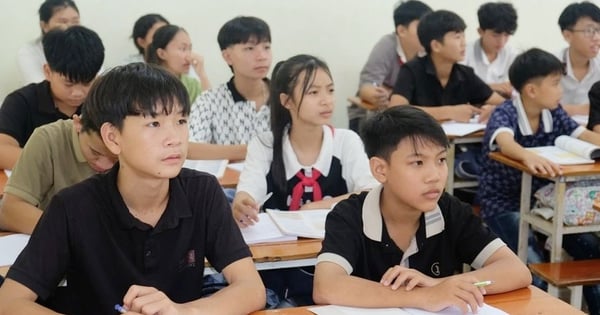
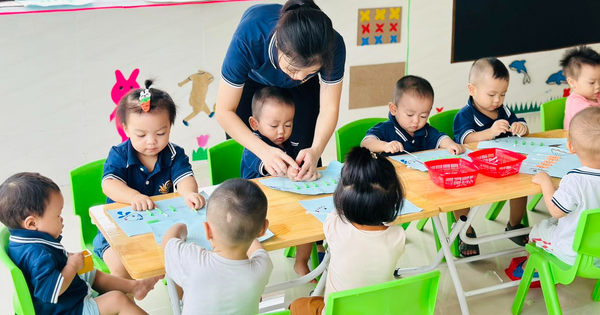



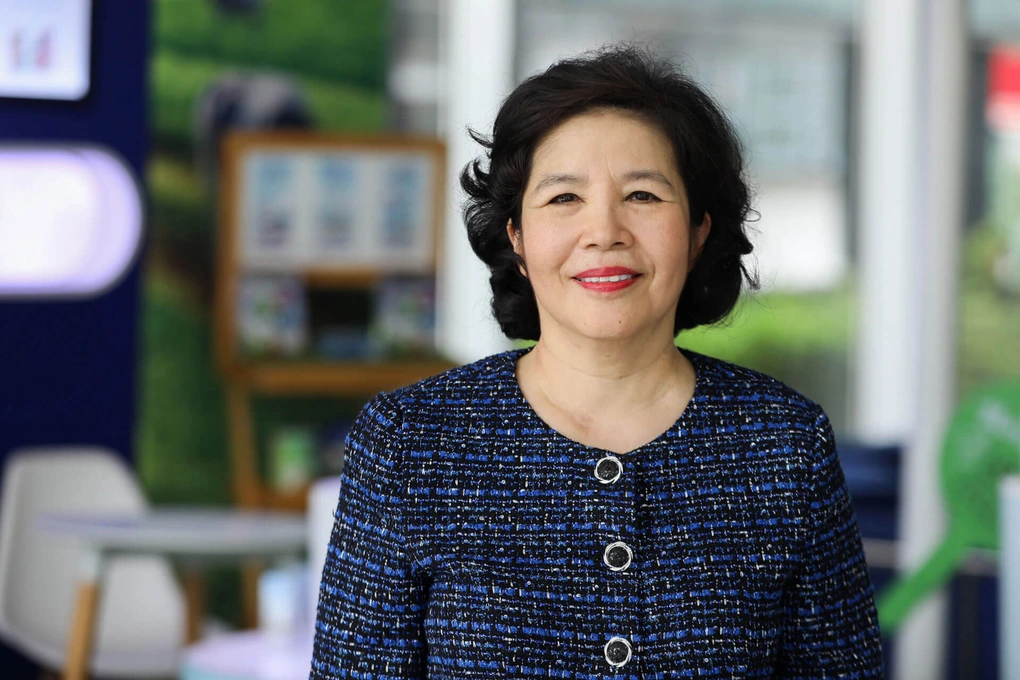
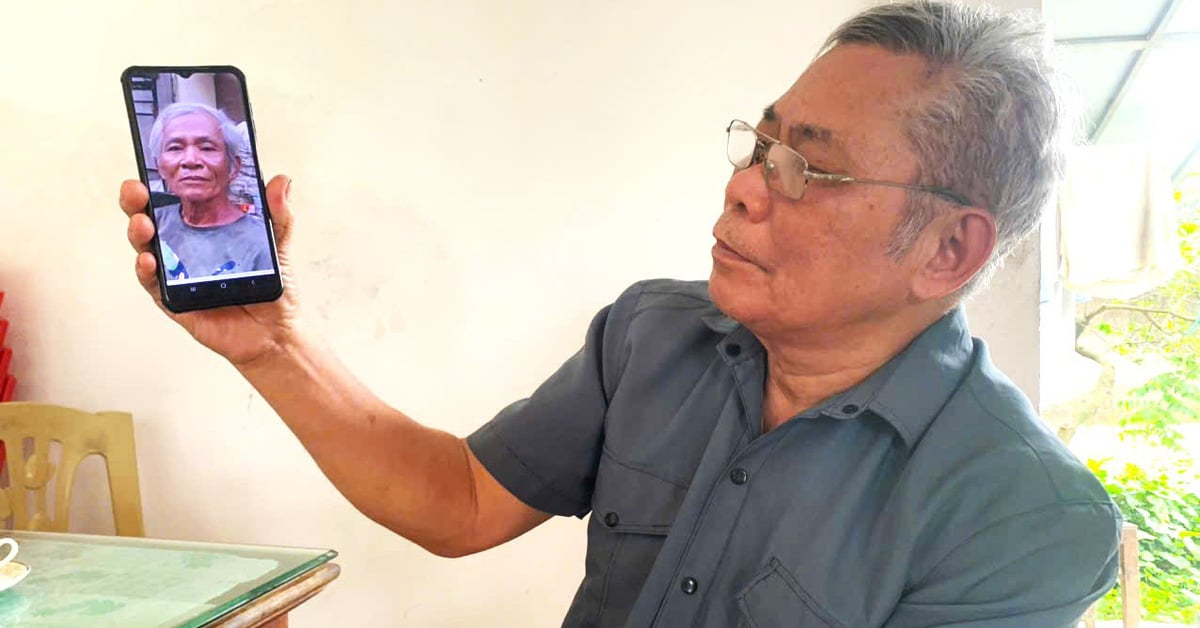
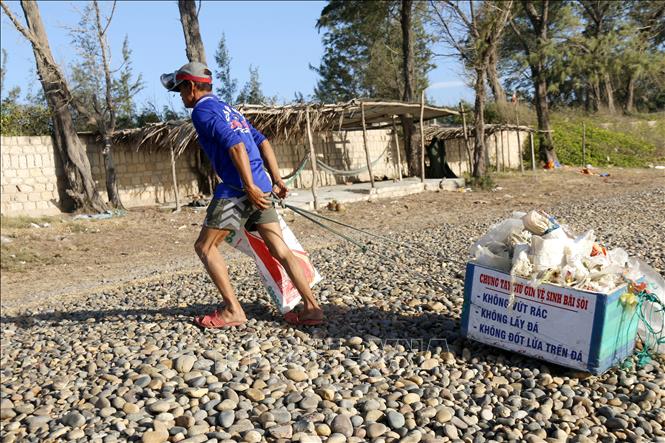

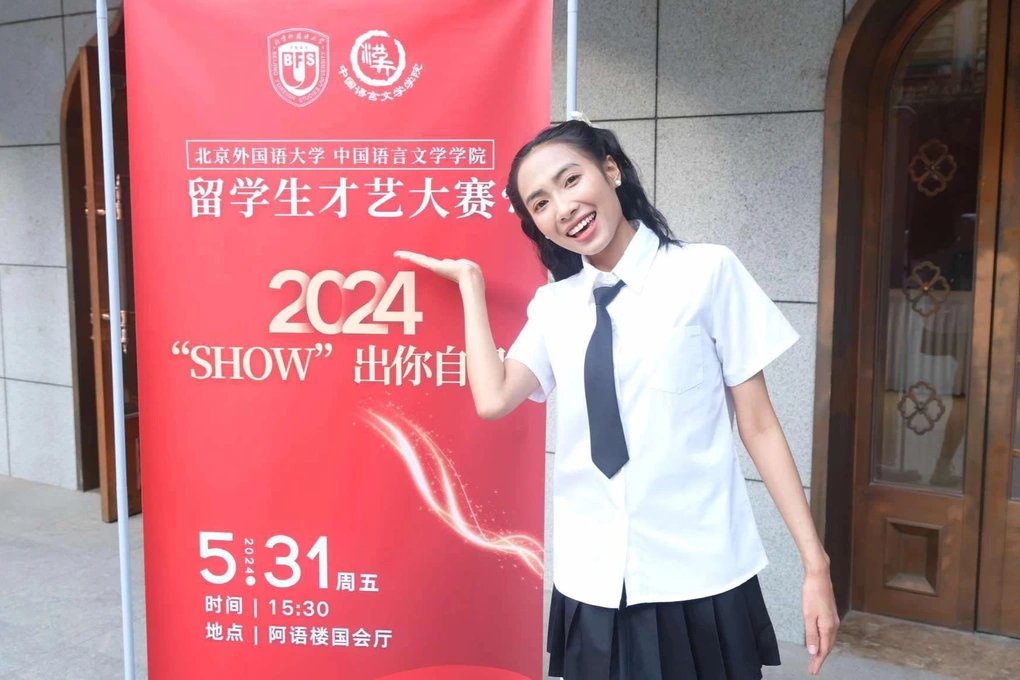
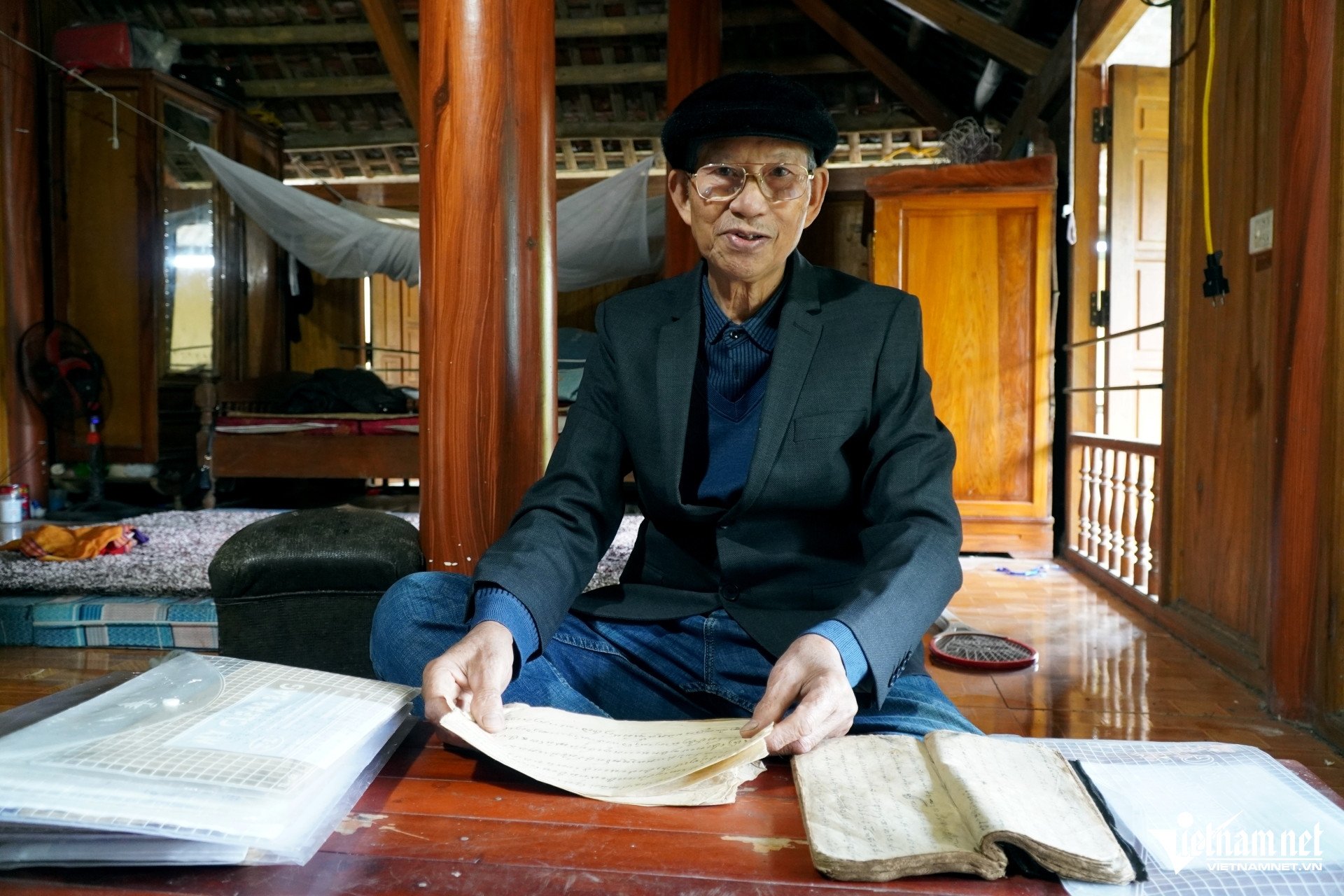



Comment (0)